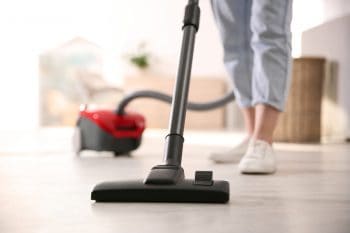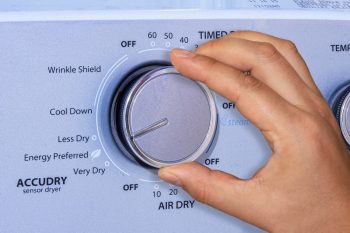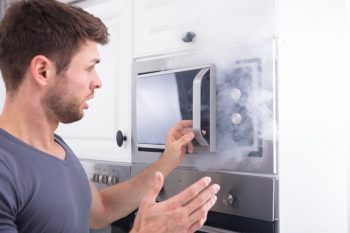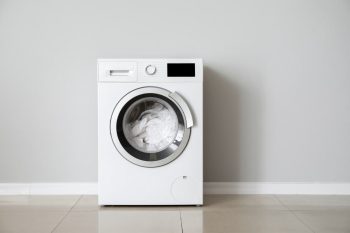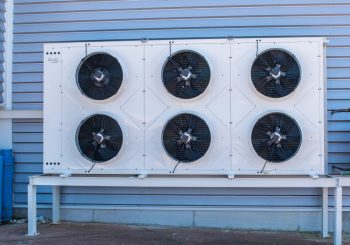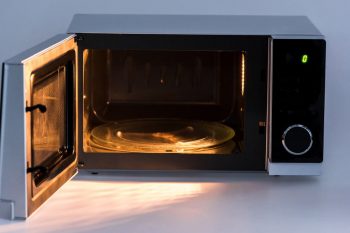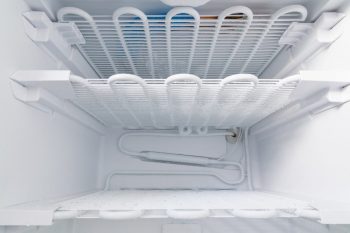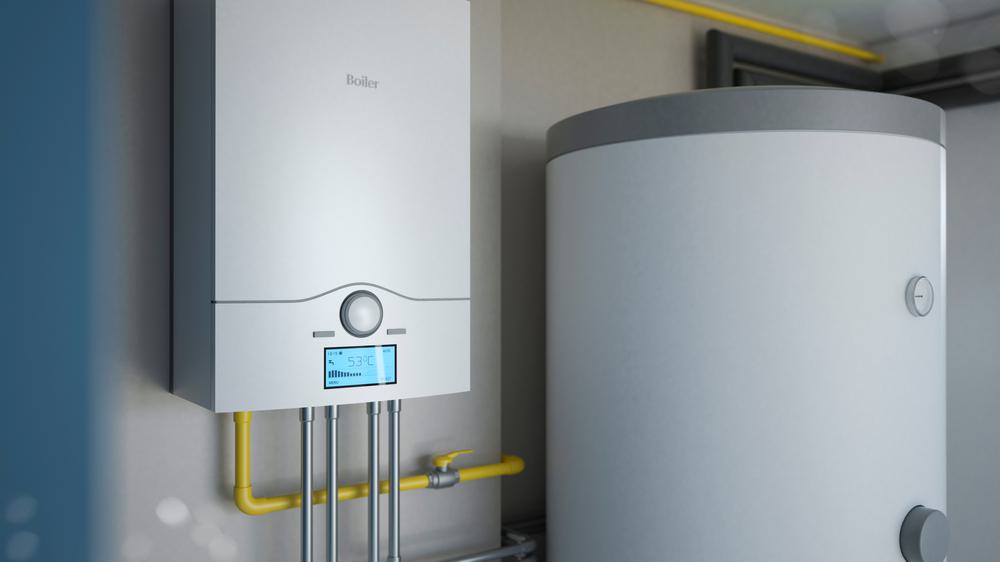
Water heaters are an indispensable part of our daily lives, providing us with the hot water we need for showers, dishwashing, laundry, and more. But what happens when a water heater goes bad? This in-depth guide will explore the signs of a malfunctioning water heater, the potential dangers it could pose to your household, and the possible solutions to these issues.
When a water heater goes bad, it may show signs such as unusual noises, inconsistent water temperature, low water pressure, discolored or rusty water, leaks, or overheating. This can pose dangers like water damage, mold growth, potential explosions, carbon monoxide poisoning, fire hazards, and structural damage. The solution could be either repairing or replacing the unit, depending on its age, the nature of the problem, and the cost of repairs. Regular maintenance and prompt professional help can prevent these issues.
Signs Your Water Heater is Going Bad
Your water heater may start showing signs of malfunction after 8 to 12 years of service. These signs can include:
- Strange Noises: If your water heater starts making unusual noises like popping, rumbling, or creaking, this could indicate a buildup of sediment or hard water issues.
- Decreased or Varying Water Temperature: A noticeable drop in hot water temperature or inconsistent water temperatures could point to a failing heating element or thermostat.
- Low Water Pressure: If the hot water pressure in your home is lower than usual, there could be sediment buildup in the tank or issues with the water heater’s components.
- Discolored or Rusty Water: If your hot water appears discolored or has a metallic smell, it could be a sign of corrosion inside the tank or issues with the anode rod.
- Leaking Water Heater: Leaks around the tank or from the pressure relief valve could be indicative of a failing water heater.
- Overheating: An overheating water heater could be due to sediment buildup in the tank or a hard water buildup on the heating element.
If you observe any of these signs, it’s crucial to have your water heater inspected by a professional promptly. Regular maintenance can help extend the life of your water heater and prevent these issues.
Potential Dangers of a Bad Water Heater
A malfunctioning water heater can pose several dangers to your household, including:
- Water Damage: Leaks or bursts from a malfunctioning water heater can cause significant water damage to your home.
- Mold Growth: Persistent leaks can lead to mold growth, which can cause health problems.
- Overheating and Explosions: In extreme cases, an overheating water heater could lead to explosions.
- Carbon Monoxide Poisoning: Faulty gas water heaters can release carbon monoxide, an odorless and dangerous gas, into your home.
- Fire Hazards: Gas water heaters can pose fire hazards if not properly maintained.
- Structural Damage: Neglected water heaters can explode, causing significant damage to your home.
Solutions and Repairs for a Bad Water Heater
Deciding whether to repair or replace a bad water heater depends on several factors, such as the age of the unit, the nature of the problem, and the cost of repairs. If your water heater is more than 8 to 12 years old and the cost of repairs is high, it might be more economical to replace the unit.
Common repairs for a water heater can include replacing a heating element, thermostat, or pressure relief valve. However, if the issue is more severe, like a corroded tank, replacement might be a better option.
The average cost of repairing a water heater is around $506, while replacing a water heater can cost between $1,300 to $5,500. When deciding whether to repair or replace, consider the long-term costs and benefits.
Conclusion
A bad water heater can cause plenty of headaches, from inconsistent hot water to potential health and safety hazards. Regular maintenance and prompt attention to any signs of malfunction can help keep your water heater in good working condition and prevent these issues. If you suspect your water heater is going bad, don’t hesitate to call a professional for assistance.
Frequently Asked Questions
How often should I have my water heater inspected?
It’s generally recommended to have your water heater inspected by a professional at least once a year. Regular maintenance can help detect potential issues early and extend the lifespan of your unit.
What’s the lifespan of a typical water heater?
The average lifespan of a water heater can range from 8 to 12 years. However, this can vary based on the model, the quality of installation, maintenance, and the hardness of your water.
What is an anode rod and why is it important?
An anode rod, also known as a “sacrificial” rod, is a component of your water heater that’s designed to corrode over time, protecting the tank from rust. If your anode rod is fully corroded, it can’t protect your tank, which might lead to rust and discoloration in your hot water.
Can I repair a water heater myself?
While some minor issues like relighting a pilot light can be handled by homeowners, most water heater repairs should be left to professionals due to the potential risks involved, including gas leaks, carbon monoxide poisoning, and scalding.
How can I prevent sediment buildup in my water heater?
Sediment buildup can be prevented by regularly flushing your water heater. It’s recommended to do this at least once a year, but if you live in an area with hard water, you might need to do it more frequently.

